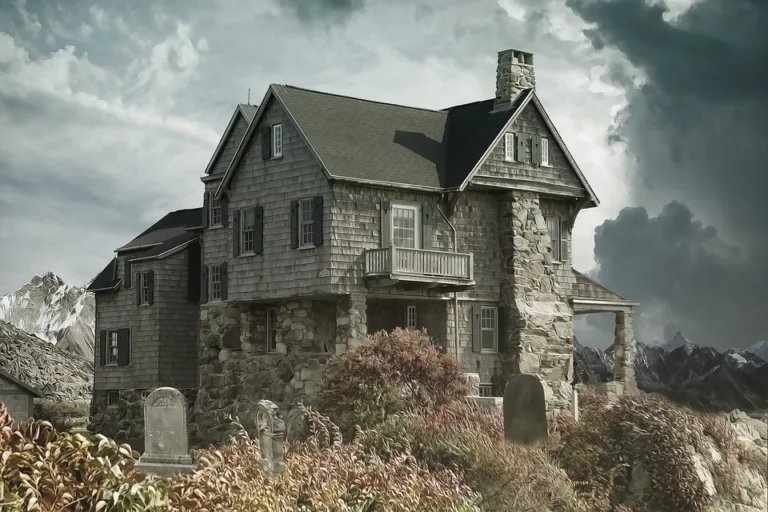
The British Columbia government has announced that it expects 10 municipalities in the Lower Mainland, on Vancouver Island, and in the Interior to construct hundreds or even thousands of new housing units, according to targets released on Tuesday. The Ministry of Housing stated that if these targets are met within the next five years, it would result in a 38% increase in housing stock compared to historical trends in these communities. Housing Minister Ravi Kahlon emphasized that the housing crisis is negatively impacting people, the economy, and essential services. Kahlon added that the targets aim to provide thousands of below-market rental units for the largest and fastest-growing communities, allowing more people to find housing in the communities they love.
The municipalities facing new building targets include Oak Bay (664 units), West Vancouver (1,432 units), Port Moody (1,694 units), North Vancouver (2,838 units), Delta (3,607 units), Kamloops (4,236 units), Saanich (4,610 units), Victoria (4,902 units), Abbotsford (7,240 units), and Vancouver (28,900 units). These targets have been authorized by the B.C. Housing Supply Act. The province consulted with each municipality regarding their respective targets, and in May, the communities were selected for assessment based on the urgency of their housing needs.
However, it is important to note that the unit goals outlined in the targets address only 75% of the identified housing need over the next five years, based on each community’s projected population growth. The province plans to assess the progress of each municipality after six months and annually thereafter. Saanich Mayor Dean Murdock expressed his commitment to working on housing solutions and improving supply and affordability in his community. He also mentioned that changes are being made to the development process to expedite the review and approval of applications.
The targets are accompanied by guidelines that specify the recommended number of units based on bedroom size, the ratio of rental units to units for ownership, the inclusion of below-market rental units, and the provision of on-site support services. Kahlon revealed that he expects between 16 and 20 municipalities to receive targets each year for the next three years. This announcement comes after a delegation from the B.C. government, including Premier David Eby, Kahlon, and five other cabinet ministers, visited Ottawa to seek federal support on various emerging crises, including housing.
Eby emphasized the significance of cities meeting these targets, as failure to do so would result in continued struggles for British Columbians in finding rental housing and suitable accommodation for their families. He reaffirmed the government’s commitment to success and vowed to continue pushing in that direction. To assist municipalities in implementing these targets, they will receive a shared $61 million in provincial funds, in addition to the funds available under the $1-billion Growing Communities Fund launched earlier this year.
Recently, the federal government announced the elimination of the Goods and Services Tax (GST) on the construction of all new rental apartment buildings. In response, B.C. introduced two new measures under its multi-billion-dollar housing plan. The first measure is a guide for homeowners interested in building and managing a rental suite on their property, while the second is a one-stop shop digital hub for homebuilding permit applications, aimed at clearing permit application backlogs. These measures were introduced in anticipation of forthcoming legislation that will legalize secondary suites across B.C. Additionally, the incentive program will offer forgivable loans of up to $40,000 to approximately 3,000 homeowners who commit to building and renting below-market rate units.
The province’s comprehensive housing strategy includes a $4 billion commitment over three years and a $12 billion commitment over a decade to increase housing stock and lower prices. This strategy also involves amending provincewide zoning laws to allow for more townhomes, duplexes, triplexes, and row homes, as well as implementing a tax on the profits from house flipping.
In conclusion, the British Columbia government is expecting 10 municipalities to construct hundreds or thousands of new housing units based on recently released targets. These targets aim to address the housing crisis, with a focus on providing below-market rental units. The provincial government plans to assess the progress of these municipalities, and financial support is being provided to aid in the implementation of the targets. Additionally, federal and provincial measures have been introduced to further support affordable housing initiatives.